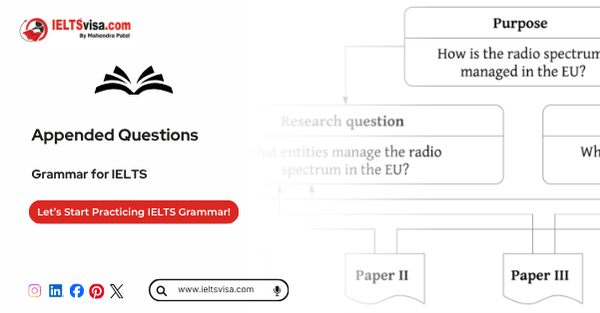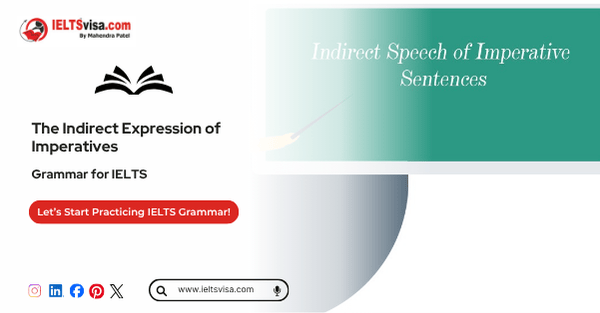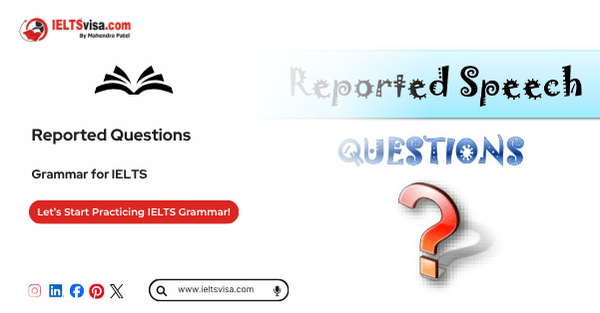Why some IELTS students get lower band scores in Reading?
IELTS Advice
There can be several reasons why some IELTS students get lower band scores in Reading. Here are some common reasons:
- Poor time management: The Reading section of the IELTS test is time-bound, and candidates need to answer 40 questions in 60 minutes. If a candidate spends too much time on a particular question or section, they may not have enough time to answer the remaining questions.
- Lack of reading skills: The Reading section requires candidates to have strong reading skills, including the ability to skim and scan, understand complex vocabulary, and interpret information presented in graphs and charts.
- Incomplete understanding of instructions: Not understanding the instructions, such as failing to follow the word limit or ignoring the question format, can result in lower scores.
- Poor exam strategy: Some candidates may not read the questions carefully or may not prioritize answering the questions that carry more marks. They may also struggle to find relevant information in the given text.
- Inadequate practice: Not practicing enough before the exam can also result in lower scores. Candidates who have not practiced reading English texts regularly may struggle to finish the Reading section within the given time limit.
- Language proficiency: Lower scores in Reading can also be due to inadequate proficiency in the English language, including weak vocabulary, grammar, and comprehension skills.
Study Abroad







Appended Questions
Appended Questions In English grammar, appended questions are short questions added at the end of a statement. They are commonly used in both spoken and written English to confirm information, express doubt, or seek agreement. Appended questions are often called...

The Indirect Expression of Imperatives
Indirect Speech – Imperatives In English grammar, indirect speech (also known as reported speech) is used to convey what someone has said without quoting their exact words. When reporting commands, requests, or advice given by someone, we use indirect speech for...

Reported Questions
Reported Questions When someone asks a question, and you need to share it with someone else, you use reported questions. This is a type of reported speech where a direct question is transformed into an indirect one. Let’s learn how to use reported questions with...








